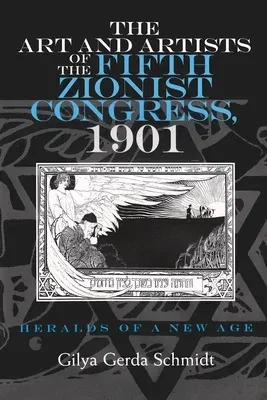Gilya Gerda Schmidt
(Author)The Art and Artists of the Fifth Zionist Congress, 1901: Heralds of a New AgeHardcover, 1 October 2003

Qty
1
Turbo
Ships in 2 - 3 days
In Stock
Free Delivery
Cash on Delivery
15 Days
Free Returns
Secure Checkout

Part of Series
Judaic Traditions in Literature, Music, and Art
Part of Series
Judaic Traditions in Literature, Music, & Art (Hardcover)
Print Length
288 pages
Language
English
Publisher
Syracuse University Press
Date Published
1 Oct 2003
ISBN-10
0815630301
ISBN-13
9780815630302
Description
Product Details
Author:
Book Format:
Hardcover
Country of Origin:
US
Date Published:
1 October 2003
Dimensions:
24.03 x
15.9 x
2.24 cm
ISBN-10:
0815630301
ISBN-13:
9780815630302
Language:
English
Location:
Syracuse
Pages:
288
Publisher:
Series:
Weight:
530.7 gm